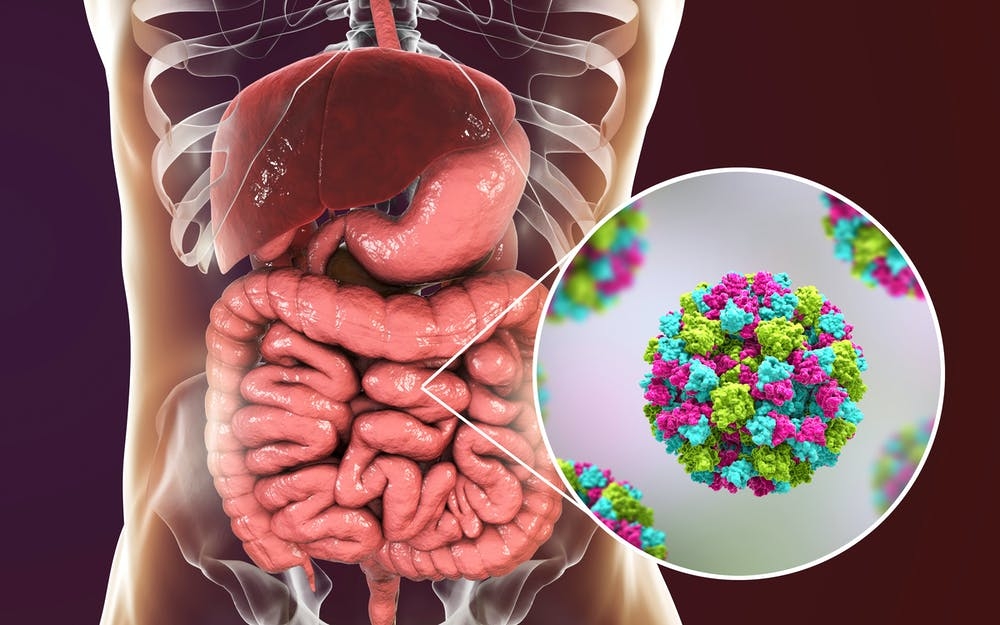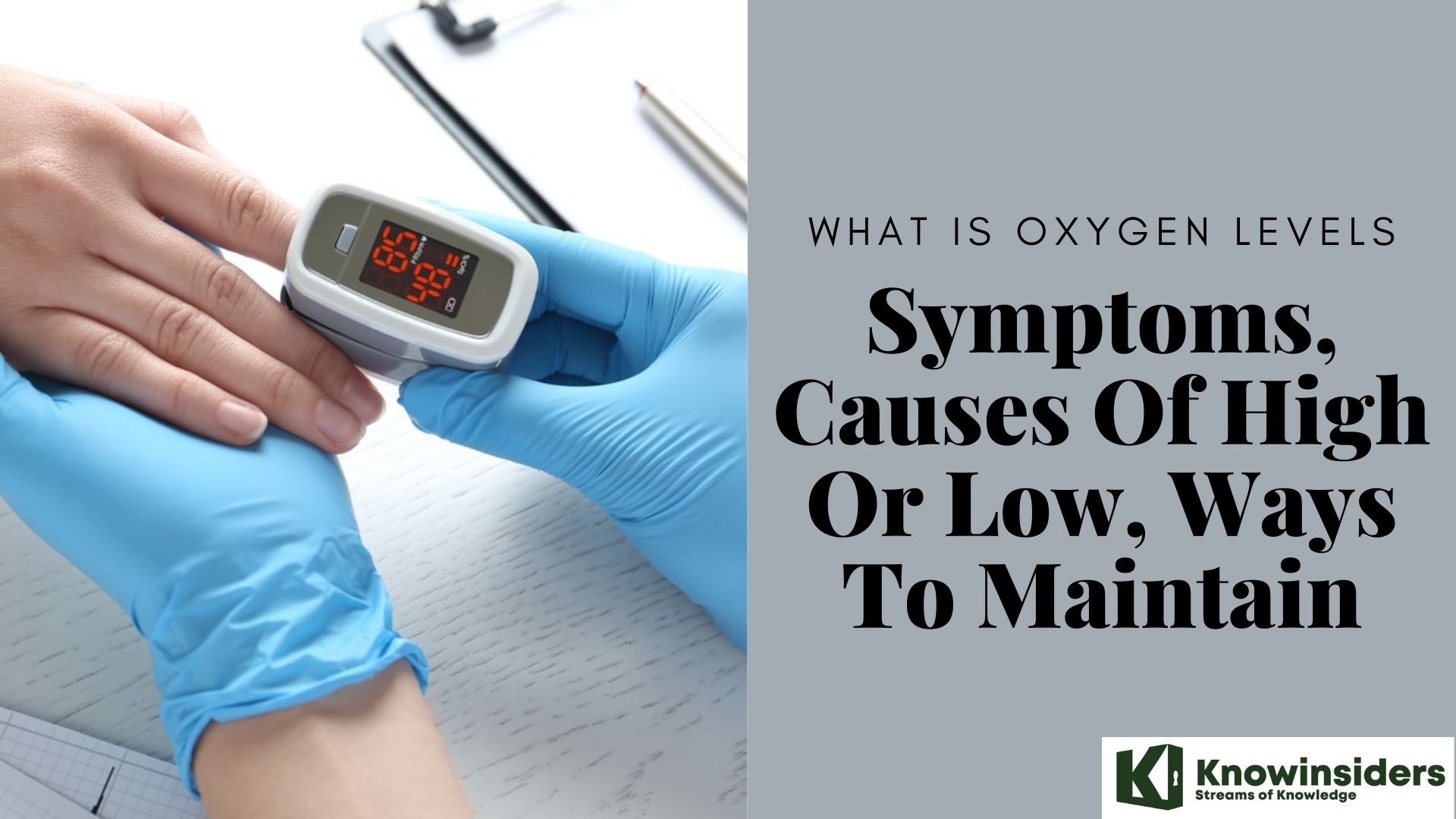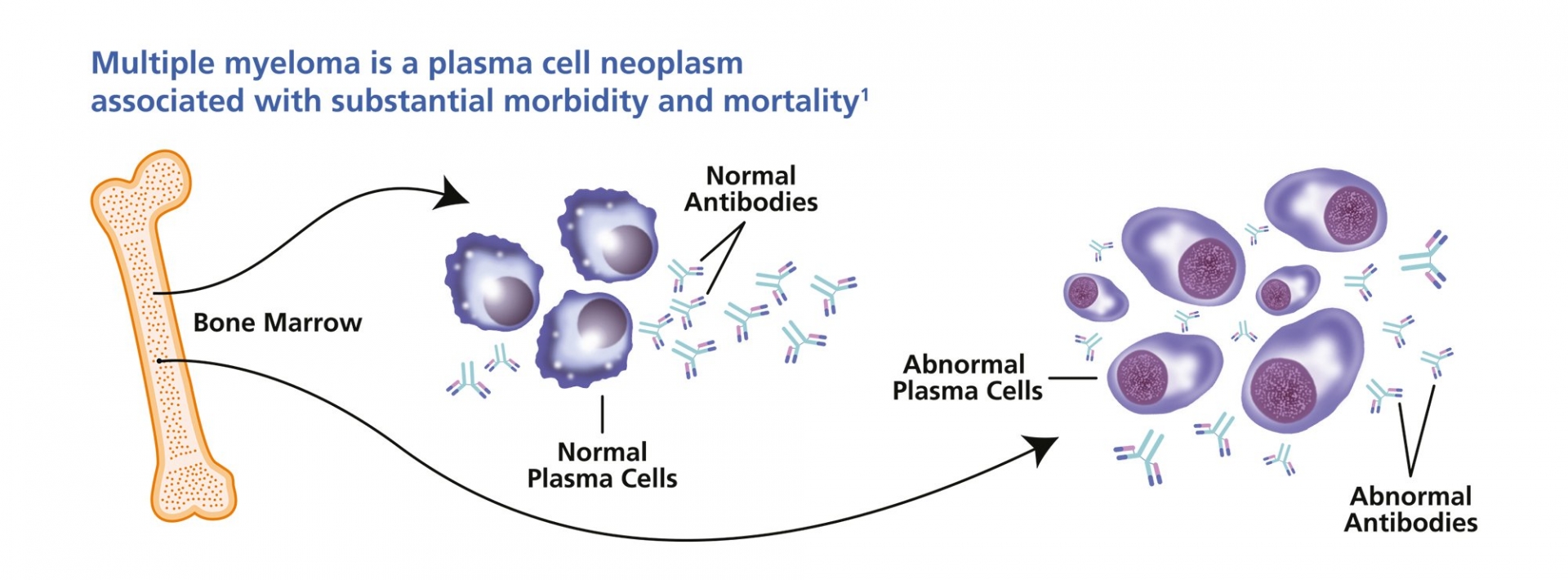What is Norovirus: Symptoms, Best Treatments and Prevention
What is norovirus?
 |
| Norovirus is referred to as "Stomach flu". Photo: Webmb |
Norovirus is an enterovirus that causes food poisoning symptoms in individuals. It is sometimes termed the "stomach flu," but it is not related to the true flu viruses (influenza viruses) that cause respiratory problems. Norovirus is considered by the U.S. Centers for Disease Control and Prevention (CDC) to be the most common cause of acute gastroenteritis in the United States (about 19-21 million infections per year with about 570-800 deaths). Although most cases are self-limiting, some patients (children or the elderly, for example) may develop dehydration or other serious consequences, including death.
Norovirus Symptoms
According to Webmb, if you come down with norovirus infection, you'll probably go from feeling completely healthy to absolutely miserable within a day or two after being exposed. Typical symptoms include nausea, vomiting (more often in children), watery diarrhea (more often in adults), and stomach cramps.
Other norovirus symptoms include:
-
Low-grade fever
-
Chills
-
Headache
-
Muscle aches
-
Fatigue
Most of these symptoms aren't serious, but diarrhea and vomiting can deplete your body of the fluid it needs, and you can become dehydrated. Children and the elderly are most susceptible to dehydration, as well as malnutrition from not getting enough nutrients.
If you have norovirus symptoms, your doctor can give you a stool test to confirm that you have the illness. But a norovirus diagnosis is usually made based only on symptoms.
 |
| Photo: Conversation |
Norovirus infection treatment
| As with other causes of viral gastroenteritis, the treatment for norovirus is to treat symptoms while giving the body time to fight off the virus on its own. Unfortunately, antibiotics are not helpful in reducing the symptoms or duration of illness. The best treatment is to drink plenty of liquids, including water or a rehydration solution like Pedialyte to prevent dehydration. |
Dehydration can be especially worrisome in an infant or small child. Signs and symptoms to look out for include crying without tears, extreme sleepiness or fussiness, dark urine or fewer than 3 wet diapers a day in infants. If you notice any of these symptoms, you should seek immediate medical attention, as severe dehydration may require fluids to be given directly into the veins through an intravenous (IV) line.
Norovirus infection prevention
As reported from Riseandshine, good hand washing is one of the best ways to reduce norovirus from spreading within your family, especially after using the restroom or before preparing food.
Carefully cleaning fruits and vegetables before preparing them and cooking oyster or other shellfish thoroughly also helps. And, of course, whoever is sick with norovirus should not be preparing food for others.
Other tips for reducing norovirus within your family include:
-
Wash your hands thoroughly with warm, soapy water after using the bathroom, after changing diapers, before preparing foods and before eating.
-
Wash your hands more often when someone in your household is sick.
-
Clean and disinfect surfaces with a household bleach solution immediately after vomiting or diarrheal accidents.
-
Avoid preparing food for others while you have symptoms, and for at least three days after you recover.


























